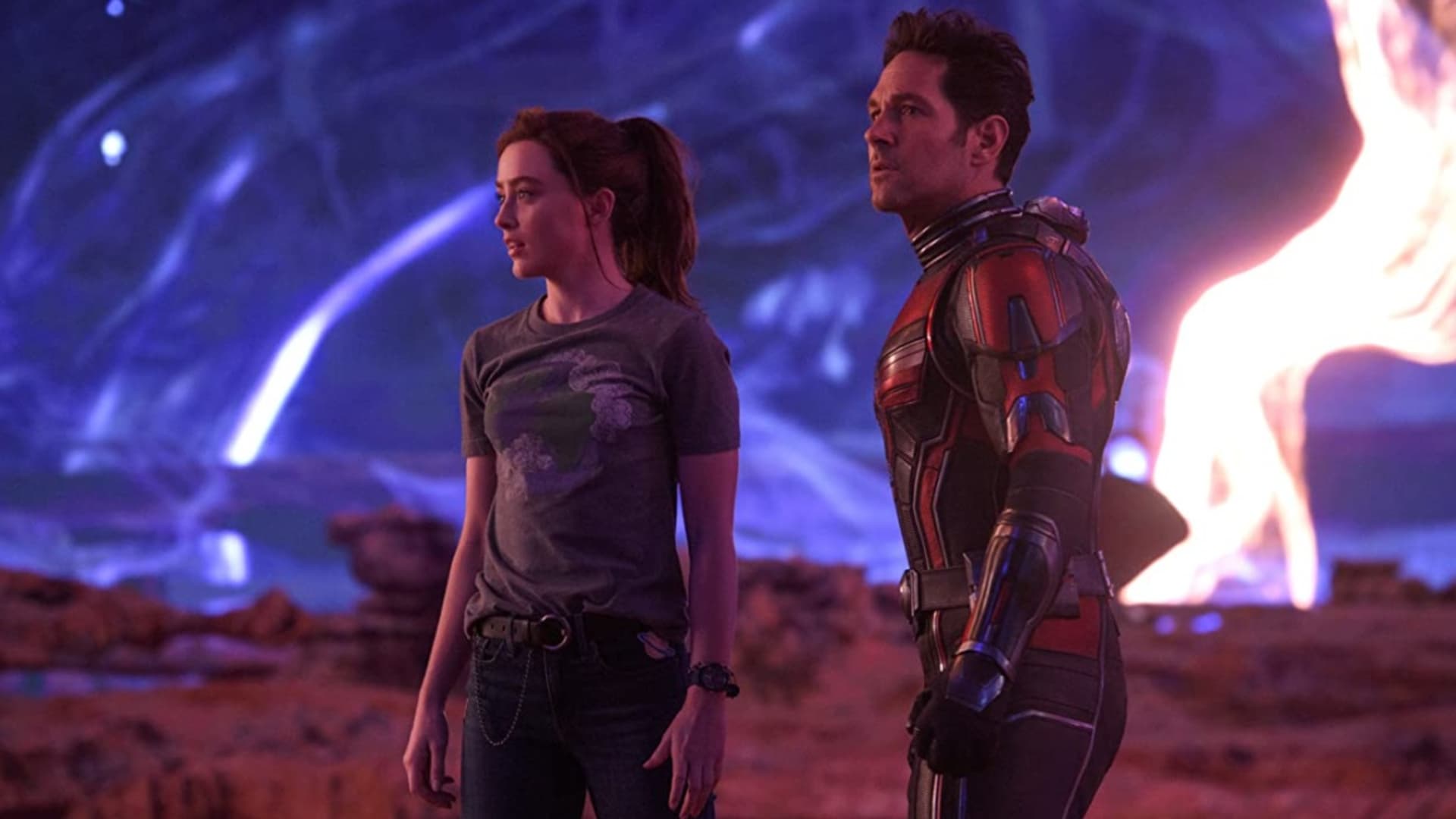

Disney is slowing down when it comes to making movies and TV series for its Marvel Studios and Lucasfilm franchises, CEO Bob Iger said on CNBC Thursday.
The move comes as the company is looking to cut costs during a time when its recent films, from Marvel to animation, have underwhelmed at the box office.
“You pull back not just to focus, but also as part of our cost containment initiative. Spending less on what we make, and making less,” Iger said Thursday.
Earlier this year, Disney rolled out a broad reorganization of the business that included $5.5 billion in cutting close, of which $3 billion would be slashed from content excluding sports.
Iger said Thursday that a lot of decisions were made to prop up the company’s flagship streaming service, Disney+, and beckon more customers.
While also noting that Disney had some Pixar animation misses in recent months, he called out Marvel as being a particular example of the company’s “zeal” to pump up its original content on streaming.
“Marvel is a great example of that. It had not been in the television business at any significant level, and not only did they increase their movie output, but they ended up making a number of TV series,” said Iger. “Frankly, it diluted focus and attention.”
Disney acquired Marvel for more than $4 billion in 2009, and the franchise has since grossed billions of dollars at the global box office for the company.
Disney CEO Bob Iger speaking with CNBC’s David Faber at the Allen&Co. Annual Conference in Sun Valley, Idaho.
David A. Grogan | CNBC
Earlier this year, Iger had said the company needed to assess how many sequels each character in the Marvel Cinematic Universe should spur, and it was time to explore “newness” for the brand. He added there was “nothing in any way inherently off in terms of the Marvel brand” at an investor conference.
Earlier this year, “Ant-Man and the Wasp: Quantumania” debuted as the 31st film in the Marvel Cinematic Universe, kicking off the fifth phase of the 15-year old franchise. The film had seen the sharpest decline in ticket sales from its opening weekend to second weekend in franchise history. The Marvel installment also raked in mixed to negative reviews.
Meanwhile, Marvel’s “Guardians of the Galaxy Vol. 3” has done much better, grossing over $800 million globally.
On the Lucasfilm front, there hasn’t been a Star Wars film in theaters since 2019, and the company has focused primarily on series, such as Emmy nominees “Andor” and “Obi-Wan Kenobi” for Disney+. Lucasfilm’s “Indiana Jones and the Dial of Destiny,” the fifth film in that franchise, has underwhelmed at the box office despite a plum release date around the Fourth of July.
Still, similar to Marvel, Lucasfilm has been provided a well of revenue for Disney.
The company bought Lucasfilm in 2012 for about $4 billion, and recouped its investment in just six years after a lucrative new trilogy of films, along with standalone films such as “Rogue One.”
For Disney, and most of its streaming competitors, original content has lived solely on its flagship streaming services rather than being licensed to other platforms – a revenue driver that has stood up the traditional TV and movie business for sometime.
On Thursday, Iger said it was “a possibility” that could happen for Disney’s streaming content.
“It’s a possibility. I won’t rule it out,” Iger said. He added that licensing had been part of a collection of models that formed the traditional TV business, and holding back content for their own platform in the early days of streaming was the right move.
Recently, Warner Bros. Discovery has reportedly been in talks about licensing HBO content to other platforms, including Netflix. The company also has removed content from its Max service and licensed it to free, ad-supported streaming platforms such as Fox Corp.’s Tubi.
Disney has also followed suit in taking down content from its streaming platform.






